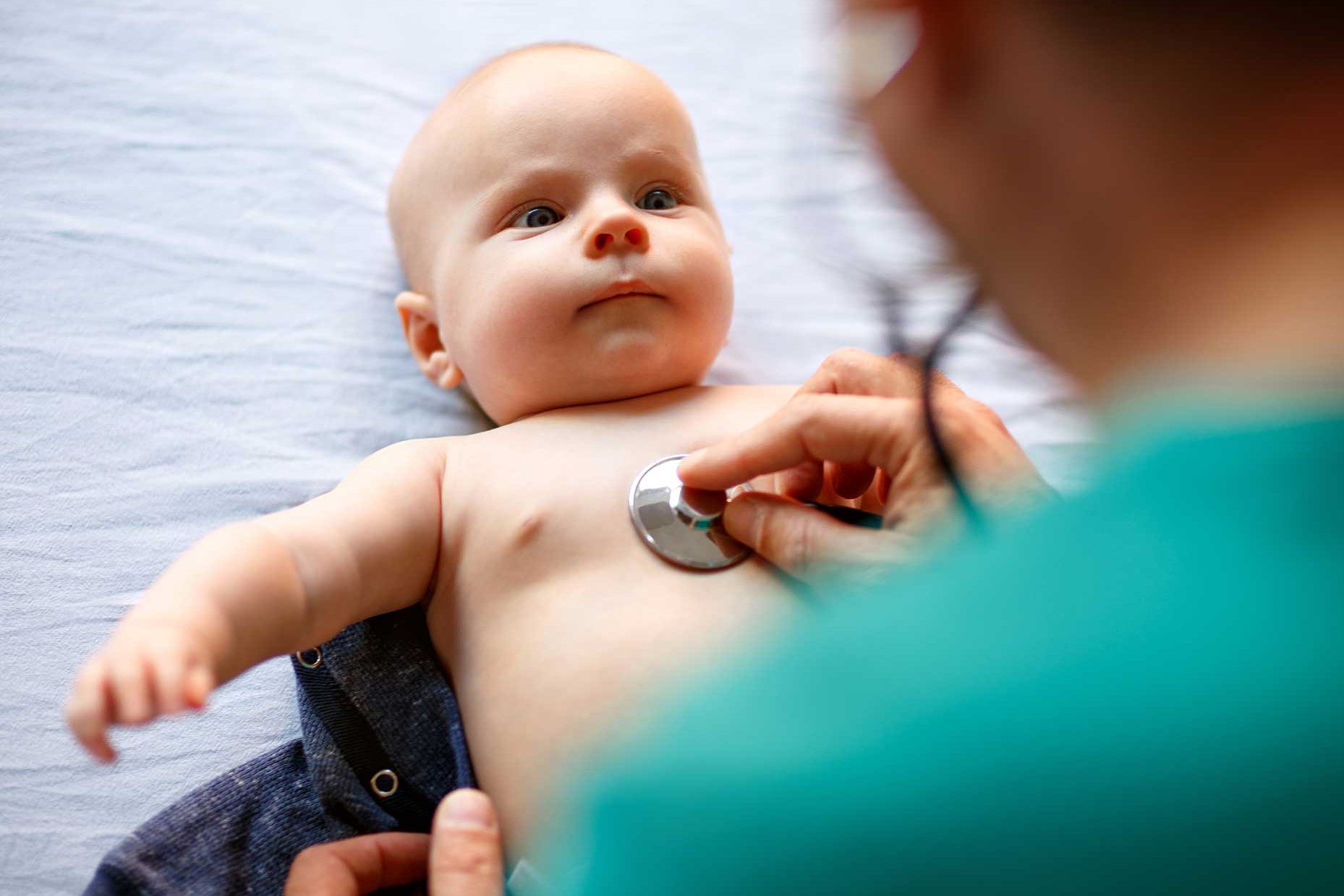
Pharmacological Interventions During Chest Pain
Due to the potential severity of the diseases that are associated with chest pain and the difficulty of finding the exact cause of pain in the field, there are several medications that are frequently given in the EMS setting by EMT, AEMT, and Paramedic providers
Chest pain: this section will focus on the medications that are given at the EMT level; Aspirin, Nitroglycerin, and oral glucose
Aspirin
Aspirin is an antiplatelet agent that reduces the clotting ability of the blood.
Since the majority of cardiac events are due to clots that form in place within the coronary arteries, aspirin reduces the final size of the clot and preserves heart tissue.
It is given orally, most commonly in the form of chewable tablets in a single dose of 324mg.
Aspirin has few side effects, with bleeding and allergic reactions being the most notable.
Aspirin should be withheld in patients on antiplatelet therapy or other anticoagulants.
Known history of allergy also contraindicates its use.
In summary: 324 mg of Aspirin PO chewed if cardiac ischemia is suspected.
Nitroglycerin
Nitroglycerin is a potent vasodilator that effects both the arterial and venous vessels.
Besides being a venodilators, it is a potent coronary artery vasodilator.
It usually comes in the form of a spray, tablet, or paste.
The most common form is the tablet form and should be administered sublingually (under the tongue) at a dose of 0.4 mg once every 5 minutes up to a max of 3 times with a blood pressure check 5 minutes after each dose.
In ACLS situations nitrates should not be swallowed as they act far more slowly when absorbed through the GI tract.
The contraindications to nitrates are highly tested.
The first is hypotension if a patient is hypotensive the use of nitrates can dramatically worsen the hypotension and actually cause further cardiac ischemia by reducing blood flow.
The second contraindication is the recent use of erectile dysfunction medications.
These will synergize with nitroglycerin and cause massive drops in blood pressure, it is vital to ask if erectile dysfunction medications were recently used.
In summary: 0.4mg of Nitro (1 tablet) sublingual followed by a blood pressure check @ 5 minutes for up to 3 total doses.
ORAL GLUCOSE
Hypoglycemia can present with anxiety, chest pain, and tachycardia and is oft mistaken for a cardiac event.
Hypoglycemia can also precipitate cardiac events in fragile patients.
Ideally, the blood glucose should be checked as a part of the primary survey and if below 60mg/dl a tube of oral glucose should be given.
Oral glucose is a very benign medication, its only real contraindication is the presence of vomiting, altered mental status, or a known inability to tolerate food/fluids by mouth.
In summary: If hypoglycemia is suspected or confirmed, give 1 tube of glucose PO over 5 minutes.
Chest Pain, In the Field
Advanced life support providers (ALS – AEMT, Paramedic) should be requested to the scene or intercepted/met during any cardiac event, and patients should be transported emergently to the most appropriate facility as soon as possible.
Always alert the receiving facility of an incoming cardiac patient with all appropriate findings including signs and symptoms, treatment, response to treatment, EKG impressions, and current vitals.
Read Also:
Emergency Live Even More…Live: Download The New Free App Of Your Newspaper For IOS And Android
Quick And Dirty Guide To Chest Trauma
Chest Trauma: Traumatic Rupture Of The Diaphragm And Traumatic Asphyxia (Crushing)
Tracheal Intubation: When, How And Why To Create An Artificial Airway For The Patient
What Is Transient Tachypnoea Of The Newborn, Or Neonatal Wet Lung Syndrome?
Traumatic Pneumothorax: Symptoms, Diagnosis And Treatment
Diagnosis Of Tension Pneumothorax In The Field: Suction Or Blowing?
Pneumothorax And Pneumomediastinum: Rescuing The Patient With Pulmonary Barotrauma
ABC, ABCD And ABCDE Rule In Emergency Medicine: What The Rescuer Must Do
Sudden Cardiac Death: Causes, Premonitory Symptoms And Treatment


